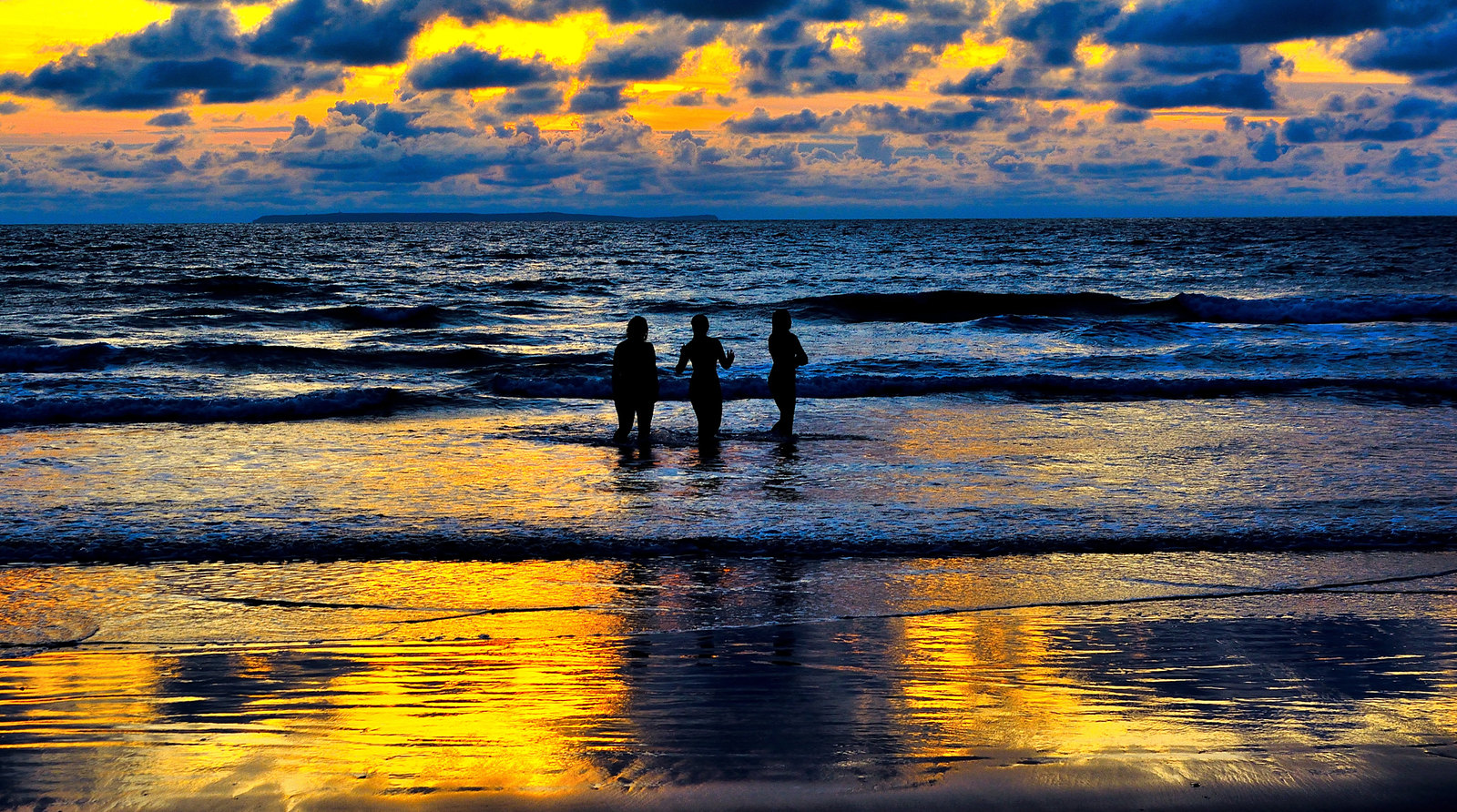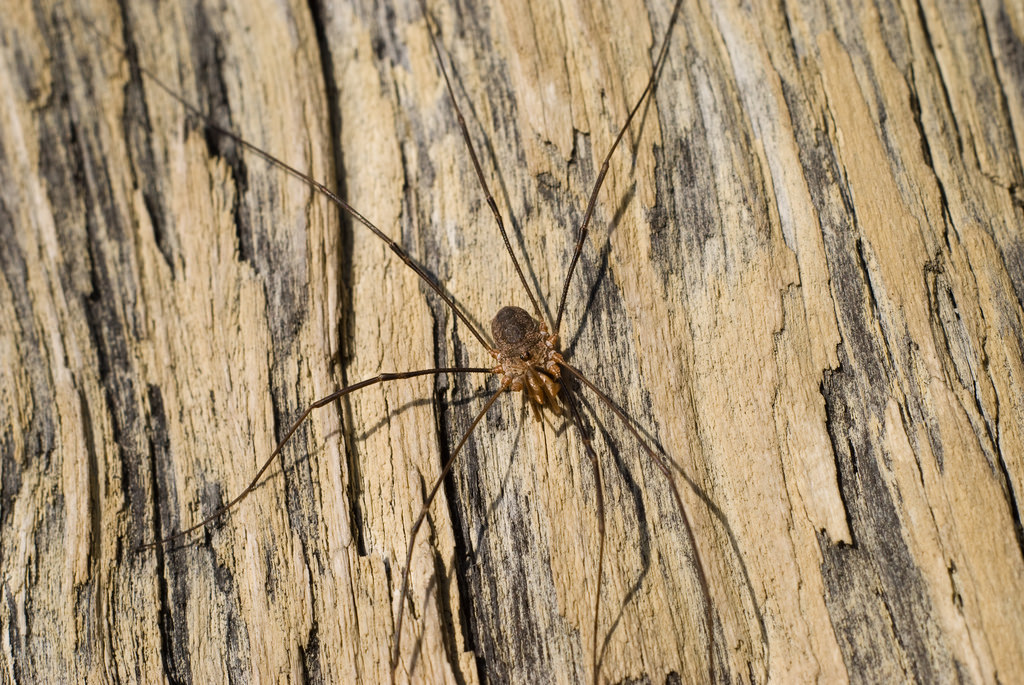Islands at war: Strong women in a sea of patriarchy
/Behind every community organization there is a strong woman… but usually only one.
I started noticing this uncomfortable reality once I got to be about thirty-five. When I was younger, I saw strong women as my mentors and leaders. I looked up to them, especially those who led groups, almost worshipfully and they usually responded with a bit of motherly advice and a job for me to do. But once I became clearly middle-aged, I started running up against their hard edges.
I was probably a bit oblivious in the beginning. It didn’t occur to me that we should be in competition. I had my plans and didn’t have any designs on their jobs or positions, but let’s face it. I’m opinionated, loud-mouthed and energetic. Wherever I got involved a hot friction quickly ignited between me and any strong women in leadership roles.
Creative Commons image by Tee Cee
For awhile, I thought there must be something about me that simply irritates capable, educated and professional women, who I viewed as my natural peers and potential friends. But gradually I realized that if I was in an organizational role of authority above another strong woman, we were fine and often friends, and if I wasn’t part of their organization or social group, we were also usually fine. It’s only when I encounter strong women on a similar level or as a superior in an organization or social hierarchy that we run into trouble. And frankly, there aren’t any meek women in these roles.
I observe other women interacting. There are often smiles and hugs that quickly turn to vicious jockeying and betrayal that usually ends with all but one woman out the door and gone.
After I recently joined a group and quickly rose through the men to lead my city’s branch, the head of the national office (also a hard-working woman) called me to say we would be working together closely. But the close cooperation never materialized. A few weeks later, another woman started making waves in my branch with my support and the national head was telling her that she was the new “go to person.” And within a few days, the new girl was in tears and supposedly leaving the organization. I watched the same cycle happen with several others.
So many women leaders say they want to support other women, but they will only extend that support if the women near them have no opinions or gumption. Can we so quickly forget that you don’t get to be in leadership roles if you’re female and NOT strong, opinionated and feisty?
It is possible that we strong women rub one another the wrong way precisely because of the fact that we are pre-selected by the patriarchal system to be the competitive, enduring and assertive individuals of our gender. If we didn’t have these qualities, we wouldn’t be successful in a world run by men. And it is also these qualities that make us difficult to get along with.
But I doubt that is all there is to the antagonism between strong women. I see a lot of evidence that women in leadership tolerate opinions and challenge from male coworkers much more than they do from female coworkers. And apparently I’m not alone. When I finally decided to write about this, I googled “women leaders hostile to female coworkers” out of curiosity as to whether or not I’d come up with any random anecdotal hits. Instead, I got a flood of articles, studies and surveys including:
“Why do women bully each other at work?” a massively researched investigation from The Atlantic
“Female coworkers: Allies or Enemies” from Forbes
“The dark side of female rivalry in the workplace and what to do about it”
And even from the Yale Law Journal, “Hostility to the presence of women: Why women undermine each other in the workplace and the consequences for Title IV”
So, apparently this is “a thing” and not just my experience. Strong women fight one another, compete, undermine and bully one another and presumably also women who are not quite as tough.
Our feminist mothers didn’t tell us about this when they told us we could be anything and we were as good as any man. When I was a girl, going through a rare rite of passage with a supportive circle of older women I felt that i had been given a promise: “We will stand by you. The world may be made for men and men may still hold most of the economic and social power but you are the generation that will push beyond the barriers and we older women will be here urging you on.”
I went out into the professional world completely unprepared for the backlash from women. I saw women as allies and supports and some early experiences seemed to confirm it, possibly because I was nerdy and not sexually attractive to most men and as a younger, disabled woman I didn’t seem like much of a threat.
A male colleague recently told me that at least one woman higher than me in professional authority expressed feeling terribly threatened by me.
Threatened? By me? I am not only almost blind, I have a disabled child and I am socially awkward. I not only couldn’t be a threat to anyone if I wanted to, I don’t have any competitive designs on anything. I’m happy to be barely hanging on to my little bits of work and social engagement and have no intention of expanding anywhere.
And yet, the fact is that some feel threatened. That feeling isn’t nothing.
My first reaction is to think it is a byproduct of patriarchy. The over-competitive world of men has taught us to be this way. Or maybe it is that the tokenism of a lot of disingenuous affirmative action has forced us to operate in a world where most organizations would accept one high-ranking woman and one high-ranking person of color and that’s it. Maybe it is simply that the Old Boys Network lets only those women with very hard edges through.
I don’t know exactly what the reason is or even whether or not I am part of the problem. I don’t feel like I am competitive with other women. I generally feel safer and happier when I’m working with a lot of women… until the fighting starts, that is. I don’t tend to have conflicts with women who are below me in any formal or informal hierarchy. I am known as a good mentor. But then again I do have some hard edges and I can’t say that I didn’t get them the same way other women did.
What I do know is that only strong women can solve this. If we can look at ourselves and see what we are doing to one another and how it feeds into a system that is still keeping women underpaid and disempowered, we should be able to find a way to change it.
Let’s look for healing—for ourselves and for other women.
The kind of rite of passage to womanhood that I had as a young teen is crucial and it is sad that it is still rare. Let us openly express support for younger women, tell them we support them and then do so, even when feelings of insecurity creep in. Yes, sometimes they will be “too much.” They will be louder, more entitled, less self-sacrificing than we were at their age. It’s a good thing that they don’t have to work three times as hard and juggle both work and family without a hair out of place, as our generation did. When they look like a million bucks, let’s not forget that we support them.
And just as crucially, the next time we feel threatened, criticized or bossed by an older women, let’s stop and really think out whether or not the same behaviors and words would seem threatening, critical or bossy if they came from a man. Let’s slow down our judgement of older women and err on the side of compassion. When they look hard-edged or overdressed or frumpy or bitter, take a moment to recall that we are culturally conditioned by every Disney cartoon about evil queens and by all the social expectations of women to see their exhaustion, stress and capability as negative. And let us remember how and why they got to where they are. These older women who made it from generations past had to be tough and even ruthless at times to fit in a male-dominated world. Their gentler sisters often had to sacrifice their dreams and their very selves to have a family or a basic non-career job. And the patriarchal world taught all of us to be harsher than we would have naturally tended.
I don’t know how to heal it, not exactly, but I’m trying.
Strong women, you are sisters and you are needed—without perfection, without being goddesses, without winning—you are enough.






















